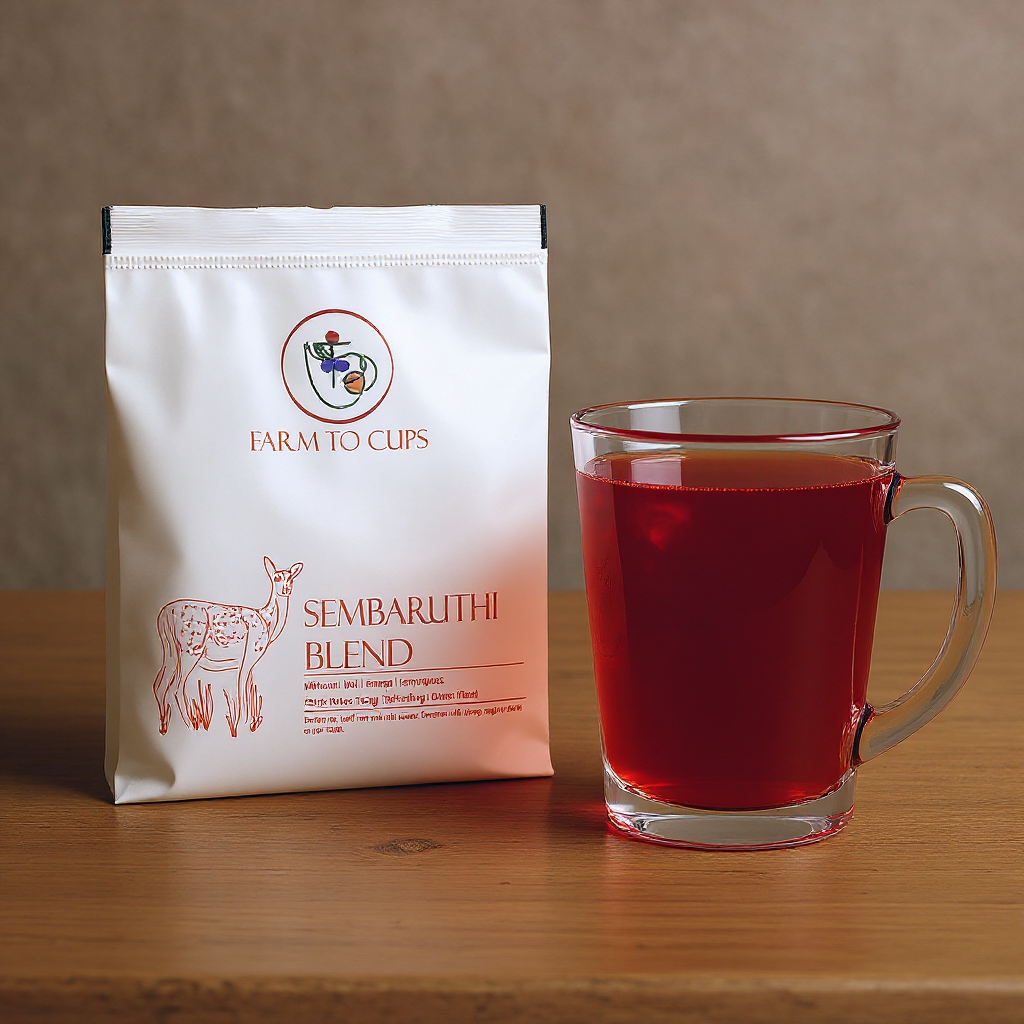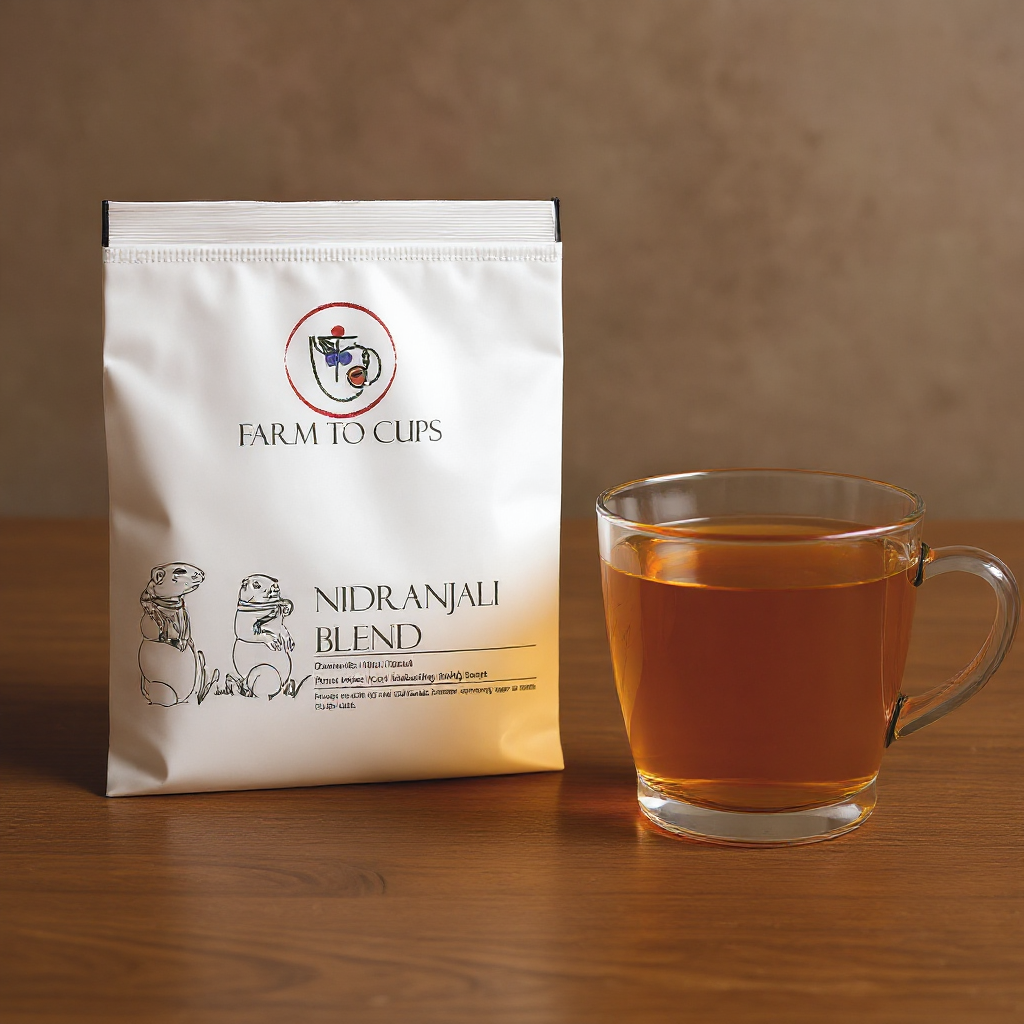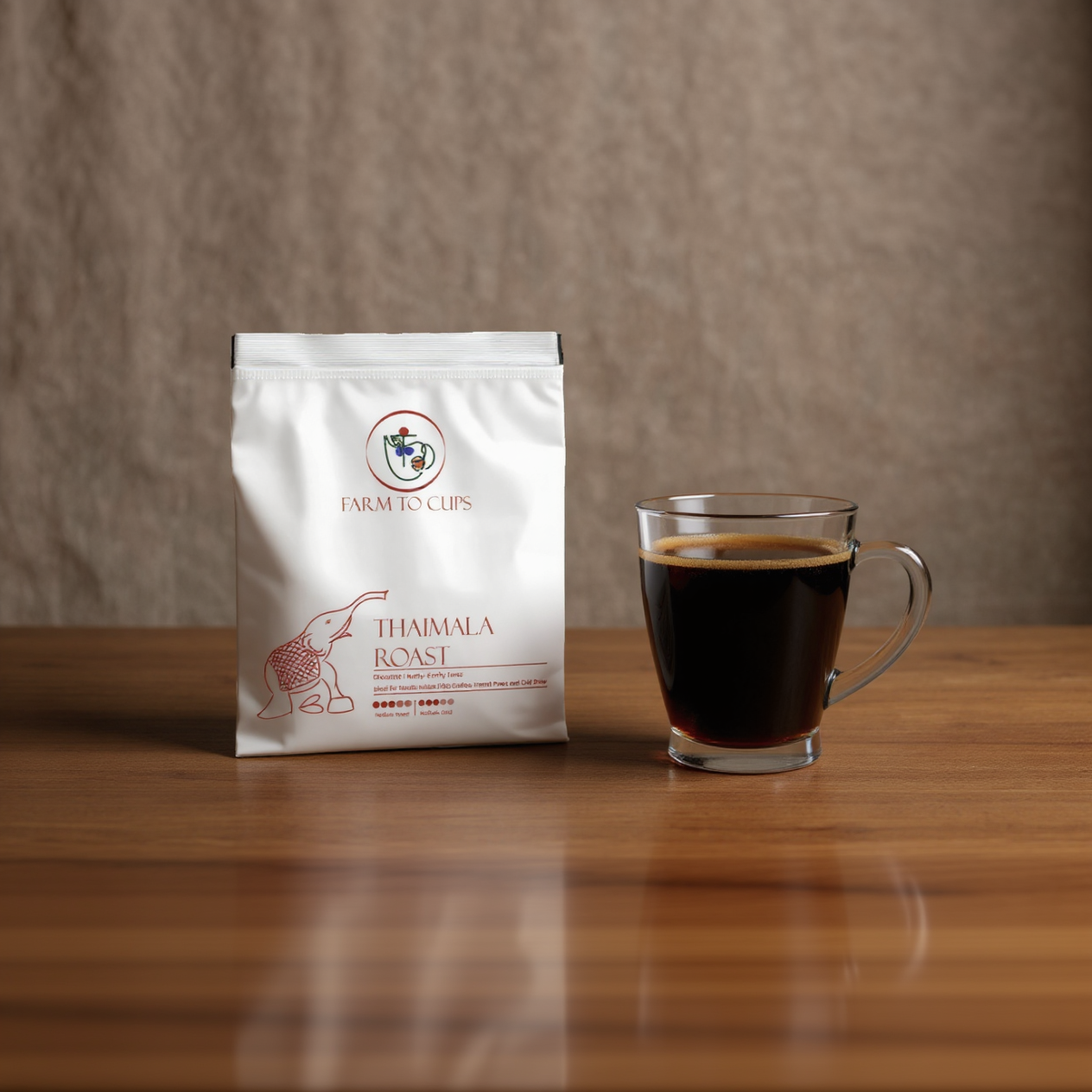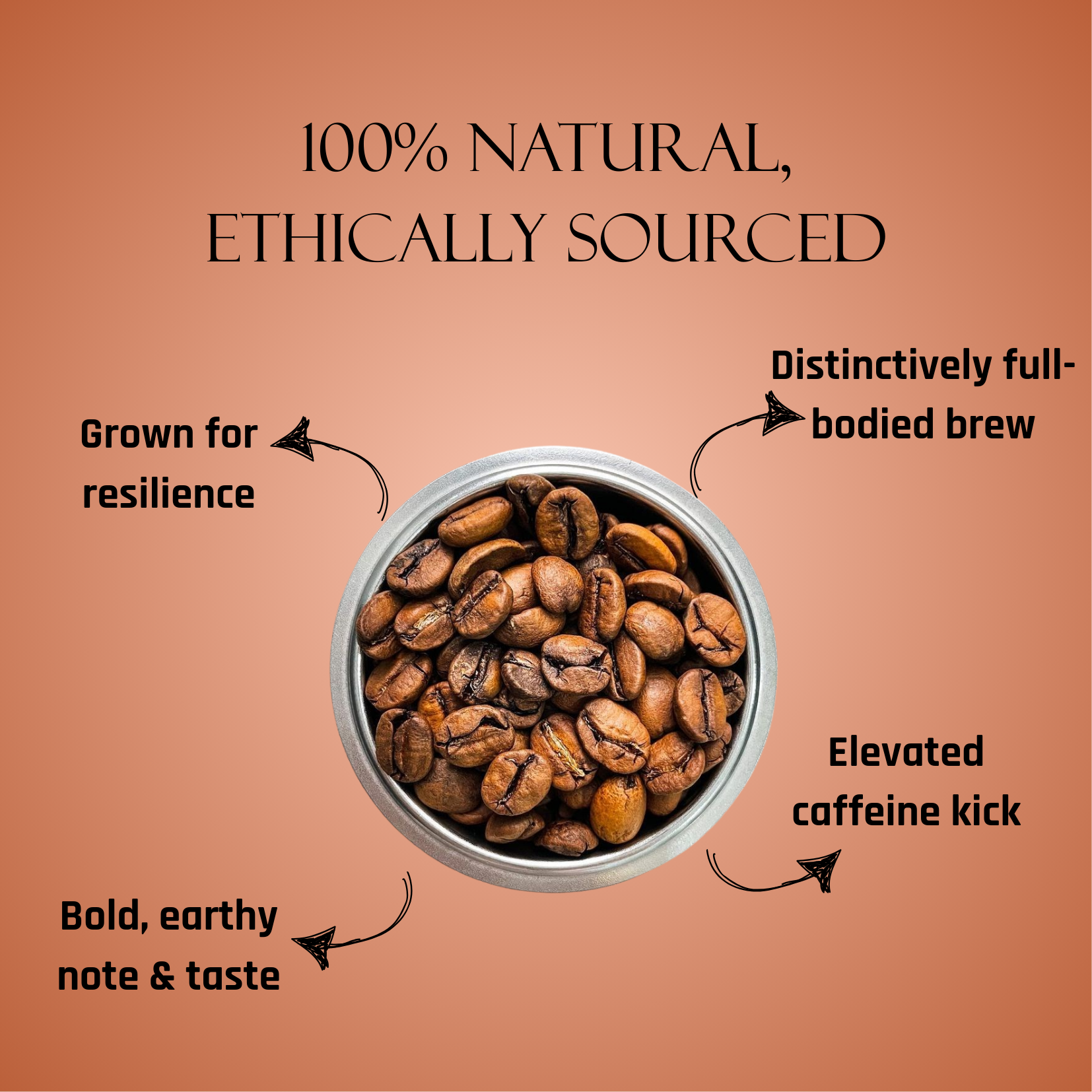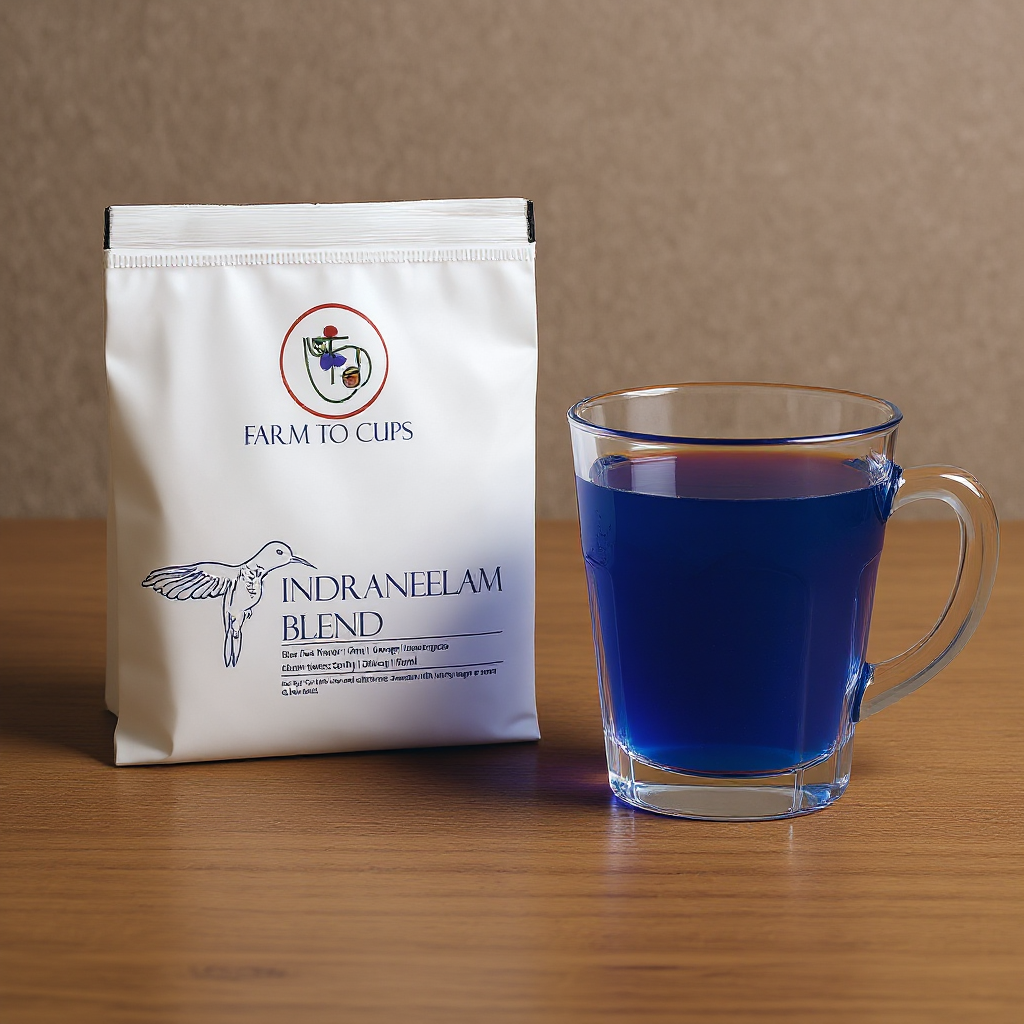Coffee as a Pre-Workout: Does It Really Enhance Performance?
When it comes to pre-workout supplements, many people turn to energy drinks and commercial formulas. However, one of the most effective and natural performance enhancers has been around for centuries—coffee. With its high caffeine content and metabolism-boosting properties, coffee has become a popular choice for fitness enthusiasts looking to maximize their workout potential. But does it truly make a difference? Let’s explore the science behind coffee as a pre-workout drink.
1. The Power of Caffeine: How It Enhances Exercise Performance
Caffeine is the key active ingredient in coffee that gives it its performance-boosting edge. It is a natural stimulant that affects the central nervous system, muscles, and even fat-burning mechanisms in the body. Here’s how it works:
-
Increases alertness and focus: Caffeine blocks adenosine, a neurotransmitter that promotes relaxation and sleepiness. This leads to increased alertness, better concentration, and faster reaction times.
-
Boosts adrenaline production: Caffeine stimulates the release of adrenaline (epinephrine), the "fight or flight" hormone that prepares your body for intense activity. This can help you push through strenuous workouts with greater intensity.
-
Reduces perceived effort and fatigue: Studies suggest that caffeine lowers the perception of effort, meaning you can exercise at a higher intensity while feeling less tired.
According to research published in the International Society of Sports Nutrition, consuming caffeine before exercise significantly improves endurance, strength, and power output—making it a valuable tool for both endurance athletes and strength trainers.
2. Improved Strength and Endurance: How Coffee Helps Different Types of Workouts
Coffee’s benefits extend across various types of exercise:
For Strength Training and Weightlifting
-
Increases power output and explosiveness, allowing for heavier lifts and more reps.
-
Enhances neuromuscular efficiency, helping muscles contract more effectively.
-
Delays muscle fatigue, meaning you can sustain strength-based workouts for longer periods.
For Cardio and Endurance Workouts
-
Improves stamina and endurance by enhancing fat oxidation, allowing the body to use stored fat as fuel instead of relying solely on carbohydrates.
-
Helps runners, cyclists, and swimmers maintain a steady pace while reducing exhaustion.
A study in the Journal of Applied Physiology found that caffeine consumption before a workout increased endurance performance by up to 20%, making coffee an excellent choice for athletes involved in long-distance sports.
3. Fat Burning and Weight Loss: Coffee’s Role in Metabolism
One of coffee’s biggest advantages as a pre-workout drink is its ability to increase fat metabolism. Caffeine promotes lipolysis, the process in which fat cells break down and release fatty acids into the bloodstream for energy. This leads to:
-
Higher calorie burn during and after workouts.
-
Increased thermogenesis, which helps the body generate heat and burn fat even at rest.
-
Preservation of lean muscle mass while losing weight.
Additionally, studies show that caffeine improves insulin sensitivity, which helps regulate blood sugar levels and prevents energy crashes during exercise.
4. Best Practices: How to Use Coffee as a Pre-Workout Drink
To maximize the benefits of coffee before a workout, consider the following guidelines:
Timing Matters
-
Drink coffee 30–45 minutes before exercise to allow caffeine to reach peak levels in your bloodstream.
Recommended Dosage
-
The optimal caffeine intake for performance enhancement is 3–6 mg per kilogram of body weight.
-
For most people, this equates to 1–2 cups of black coffee (100–200 mg of caffeine).
Best Type of Coffee for Workouts
-
Black coffee (without sugar, milk, or cream) is the best option to avoid unwanted calories or insulin spikes.
-
Espresso is a great choice for those who want a concentrated caffeine boost.
5. Potential Side Effects and Considerations
While coffee offers many benefits, it’s essential to consider your personal caffeine tolerance. Too much caffeine can lead to:
-
Increased heart rate or jitters, especially for individuals sensitive to caffeine.
-
Dehydration, as caffeine has mild diuretic effects, so it’s important to drink water alongside your coffee.
-
Disrupted sleep, if consumed too late in the day—avoid drinking coffee in the evening if you have trouble sleeping.
Final Verdict: Is Coffee a Good Pre-Workout Choice?
Yes! Coffee is a natural, effective, and budget-friendly alternative to commercial pre-workout supplements. It enhances energy levels, endurance, fat burning, and focus—all essential for a great workout. Whether you’re lifting weights, running a marathon, or doing high-intensity training, a cup of coffee before your session can help you perform better, train harder, and recover faster.
So next time you hit the gym, skip the artificial pre-workout drinks and opt for a strong cup of coffee instead!


